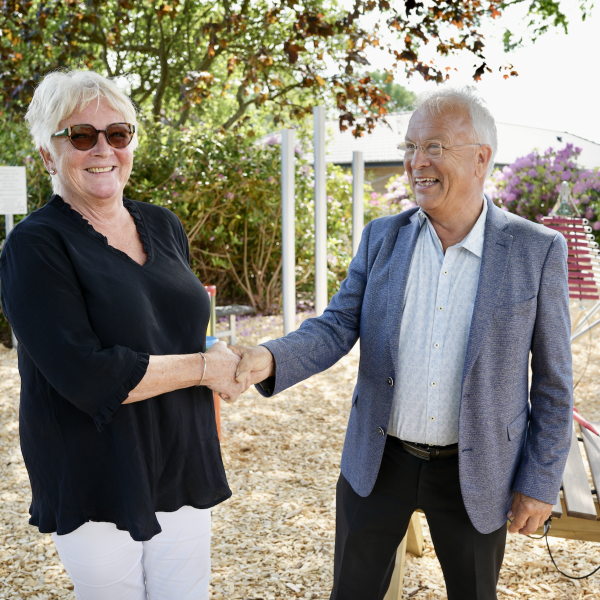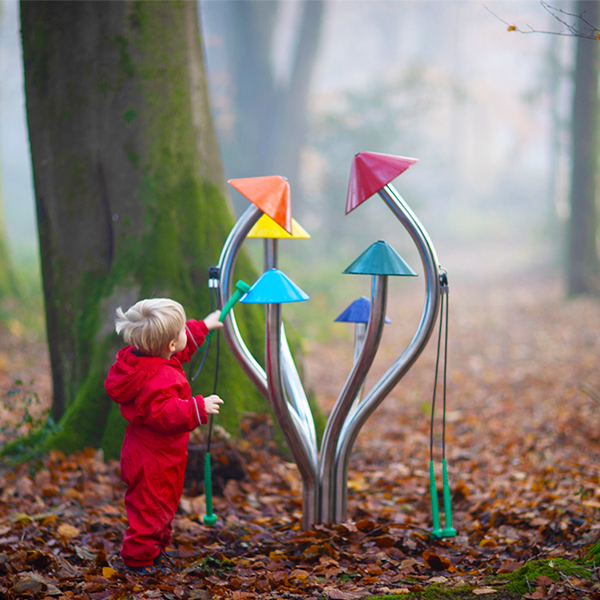The Expression of Emotion in Music
Music can be a constructive way to express who you are and what you are feeling, especially in young children. It can often be difficult for children to say how they are feeling, primarily because they don’t know the name of the feeling they’re experiencing and instead they show us by crying, throwing temper tantrums or having meltdowns. Emotional expression is something that must be learned, and young children can be taught basic emotions such as happy, mad, sad, and scared as early as two years old. As they get older, further emotions such as frustration, nervousness or shyness can be explained.
Music and play is a very effective way for children to learn about and explore feelings, and then practise how to express and manage them (In fact, given the emotionally charged nature of music it’s an incredibly effective way for everyone, not just children to express themselves and cope with challenging life circumstances). Whenever we’re making music, we leave the realm of social conditioning and conscious thought. Instead, we’re in direct contact with our emotions. Whenever we’re engaged in creativity, such as music making, we’re present to the moment. This presence allows us to get in touch with our emotions and express them. Occasionally it can be hard to express emotions verbally, we find ourselves unable to find the ‘right’ words to say how we really feel – on these occasions music can become a subtler form of expression.
Music can help children to ‘hear’ what certain feelings sound like

A ‘Music and Feelings’ lesson plan can encourage children to recognise and talk about different feelings and emotions through a variety of musical fun activities. Recognizing emotions through music can help develop emotional intelligence. Music can help children to ‘hear’ what certain feelings sound like, and they can learn to tell what emotion is evoked by a piece of music. Improvising with music can help a child to get in touch with and/or express a feeling he or she may be experiencing at the time; whether that may be happy, sad, scared or mad. The musical instruments can be ‘gates’ for their emotions and playing them allows their emotions to come through. Appropriate self-expression springs from a sense of self, and music (especially early music education) can help immensely with this.
Feelings of stress, anxiety or tension can also be addressed through music. Childhood stress has increased in the past few decades, with around 40 per cent of kids reporting that they feel they worry too much. We tend to view the world of children as happy and carefree. After all, kids don't have jobs to keep or bills to pay, so what could they possibly have to worry about?
Sadly, the answer is ‘plenty’! Even very young children have worries and feel stress to some degree. Academic and social pressures (especially from trying to fit in) create stress. In short, stress can affect anyone who feels overwhelmed — even children. Music can influence the mood of children and can be used to reduce stress and improve the sense of well-being in the following ways:
- Distraction As music demands their attention, it acts as a distraction while also helping them explore their emotions. It also keeps them focused and prevents their mind from wandering to negative thoughts or worries.
- Mindfulness Music allows them to lose themselves in the moment as they enjoy the sounds they’re making or hearing. Through playing an instrument, they bring themselves into the here and now and helps them to take a break from their anxieties.
- Creative Self-Expression While simply listening to music can reduce stress, creating music has the added benefit of expression and involvement, which focuses attention. Active participation in playing music and music appreciation has been shown to increase self-esteem.
Music can give children a way to express themselves, to unleash their creativity, to be inspired and uplifted, to relax, and to relieve stress and tension.
Making music with other people improves children’s social and emotional skills. They learn to work together as a team and develop their sense of empathy with others. Researchers have found that when children play music together – from simple rhythms to larger group performances – they are better able to tune into other people’s emotions.
There is little doubt that music can alter our mood and stir emotions

Emotions are one of the most fascinating features of the human mind. Music is an equally extraordinary characteristic. Understanding the special interaction between the two may take us closer to understanding the fundamental nature of both. There is little doubt that music can alter our mood and stir emotions, it has a powerful pull and you don’t need to be a scientist to confirm this as fact. Music has been reported to evoke the full range of human emotion including:
- Patriotic or Loyal – National anthems and other music associated with a country or geographic area. Music and sounds associated with sports events, schools, clubs and other organisations.
- Spiritual – Hymns, chants, gospel and other music associated with religion or faith
- Nostalgic – Music can remind us of the past, both good times and bad times.
- Love – Music can be used to express love and as a sign of affection.
- Violent/Hatred – Music can be used in war or violence and to promote anger.
- Energetic – Rhythms in music can make us move faster and aid physical exercise.
- Happy or Sad – Music can lift our mood, make us smile or laugh. Alternatively, music can make us feel melancholy and can even make us cry.
- Irritated – Music we don’t like can irritate us, as can a tune that gets stuck in your head and is repeated over and over.
- Scared – Music can make us feel scared or tense, for example during some ‘dark’ moment in a movie.
- Calm - Certain music can help the mind slow down and initiate the relaxation response.
Perhaps the greatest gift of music lies in its capacity allow people to experience emotions without the burden of having to experience the life events that lead to them. We can experience even extreme emotions in a controlled manner, at will, in comfortable circumstances.
Most of all though, playing music makes people happy! There are few pleasures in this world that can be compared to the high you feel from letting your soul flow through your body and out through improvisation and music making. Discover the stress-relieving power of playing your own song.
Most of all though, playing music makes people happy!


Med støtte fra generøse donorer, herunder Nordea-fonden, har "Musik i haven" skabt et meningsfyldt samlingssted for alle. Instrumenterne fremmer fællesskab,...

Vi er utroligt glade og stolte over at kunne introducere vores helt nye Liberty...
